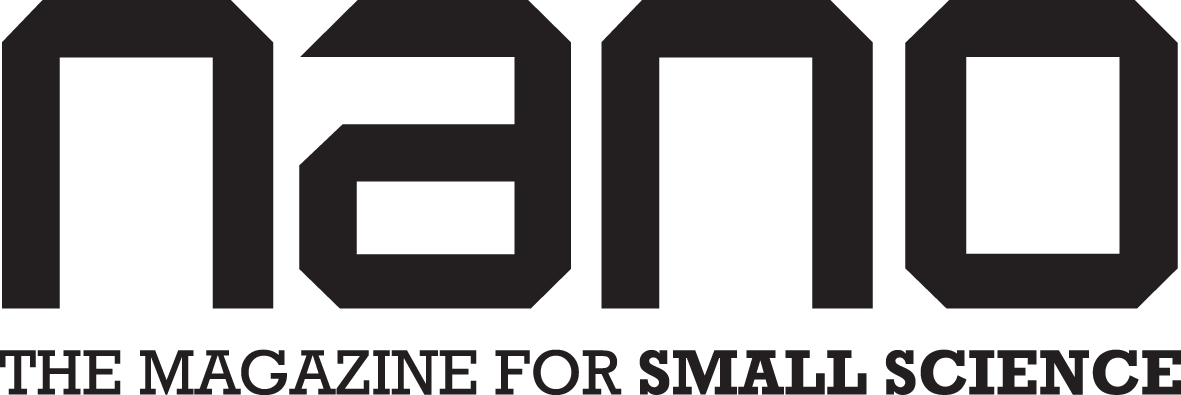Nanotechnology companies which are Publicly Listed

Like most scientific industries that require a lot of equipment, years of research and development, and specific expertise, the companies within the nanotechnology industry require large amounts of funds to take nanomaterials from the idea and concept stage to the end-user product—regardless of whether the focus is raw material sales or consumer products.
Even though a lot of money is required, the return on investment (ROI) can be great if the technology takes off, and as the use of nanomaterials increases globally, the ROIs are only going to get greater. Nevertheless, the amount of start-up capital required means that companies often survive on private funding for many years before going public, and some haven’t made the jump yet. Here, we’re going to look at a few of the nanotechnology companies which have already made the move.
Bruker have been a global leading manufacturer of scientific characterisation instruments for a number of years and are perhaps best known for their NMR instruments. Bruker has many different subsidiaries which are focused around different scientific fields, and have their own division dedicated to nanotechnology—Bruker Nano. Bruker Nano have emerged as a leading company of characterization instruments that can analyse nanomaterials and/or processes at the nanoscale. The range of nano-profiling instruments range from atomic force microscopes (AFM), to 3D optical microscopes, and nanomechanical testing instruments, among others. As Bruker Nano comes under Bruker, it’s share prices are reflected in the company as a whole, and Bruker has seen a steady increase in share price over the last 15 years (apart from the obvious peaks and troughs that any shares go through).
Versarien are a UK company who are best known in the nanotechnology space for their few-layered graphene product Nanene ®. They also have a range of other products as well owning some subsidiary companies—2D Tech and Cambridge Graphene, both of which are also based in the UK. With these subsidiaries, Versarien also provides graphene-enhanced polymers (Polygrene ®), graphene-based inks, and hexagonal boron nitride (Hexotene®) and has started to develop a lot of collaborations—including developing relationships with various Chinese companies. Last week, it was announced they were partnering global infrastructure services firm Aecom in developing one of the UK’s first 3D-printed commercial products made from graphene-reinforced polymer.
Nanoco Technologies, who are a part of Nanoco Group PLC, are another UK-based company and produce a wide range of metal-free (i.e. cadmium free) quantum dots, quantum dot films, and CIGS and CIS semiconductor nanoparticles with applications ranging from displays, to lighting, solar energy and bio-imaging. The share price has dipped in the last week after a deal with Apple for using quantum dots in their cameras was cancelled, but it was going strong for a number of years before this, so it is likely to be only a minor setback—especially when the quantum dot market is not well-established yet, but is likely to grow significantly in the coming years as it becomes more proven in high tech applications.
These are a few examples of public companies in different nanotechnology areas, and there are many more. Some are in the areas mentioned here, such as Directa Plus (graphene), whereas others such as Haydale straddle these and other industries (graphene and advanced composites), to those in other nanomaterial areas, such as Solvay (advanced composites).
For more information about investing in nanotechnology, please visit https://investinnano.com
Written by Liam Critchley





